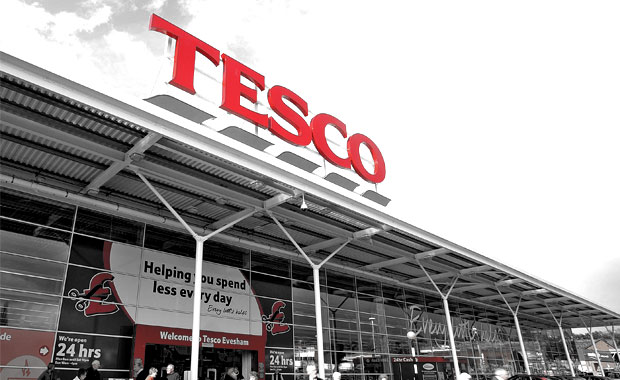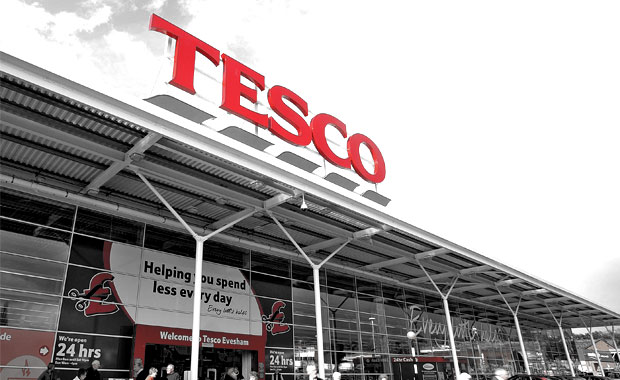City analysts are in the business of talking shares up and talking them back down again. So you have to treat what they say with caution. Even so, their feedback about Tesco, offers some pointers about where the convenience market may be headed.
At Citigroup they talked about a future Tesco that within a few years would be an “entity without growth or cash flow generation.” That is, it would not longer be opening new space and it would be forced into cutting prices.
The issues are:
- Concerns that new space opened will reduce profit margins (which may include on line sales as delivery costs are subsidised by bricks and mortar shoppers)
- Competition from Aldi, which is about 25 per cent cheaper and growing strongly.
In the UK, Tesco has 39.1 million square feet of selling space. In the last half year it achieved sales of £23.9bn in the UK. That is just over £23 of sales a week per square foot. This compares with estimates for Spar of £13, Premier of £12 and Londis of £11. You can do the mathematics for your own shop simply by dividing sales by area by 52 to get a weekly figure.
In the past six months it has added a net 60 Tesco Express outlets and eight One Stop outlets. That gives it 1,487 Express stores with 3.4million square feet of selling space (2,300 sq ft average) and 621 One Stop outlets with 953,000 square feet of selling space (1,500 sq ft average).
These shops probably need to be making more than £23 per square foot of sales but if we use this as a measure we can see that they are achieving weekly sales of £53,000 for a Tesco Express and £34,500 for a One Stop.
Using Tesco’s net margin of 6.0%, this suggests the stores are generating £165,000 and £107,000 profit a year on average – after paying local salaries and central overhead.
When Philip Clarke, chief executive of Tesco, talks about running “less hot”, he is talking about cutting into that profit by investing more in the design of his shops and in staff numbers. Some City analysts – Dave McCarthy at Investec is one – says Tesco should cut back on these profits and invest in lower prices.
For the local shopkeeper, these numbers are challenging. The good news is that the £53,000 a week may not be coming solely from your shop but also from Tesco’s own supermarkets.
Former Tesco boss, Terry Leahy, said that they launched Tesco Express because they noticed “people were busier and didn’t have time to go to the big stores. So we had a thought which ran against the tried and conventional approach. If they were too busy to come to us, could we go to them with a store that was small enough?
“It took years, but we got there and we created Tesco Express, a full supermarket in just 3,000 sq ft and today there are thousands all around the world. They have saved high streets and villages and improved the diet on council estates, and sales run into billions of pounds, all from a small observation about how people’s lives are changing.”
He genuinely believes Tesco Express is saving high streets and villages and improving the diet of people on council estates.
Local shops need to turn the threat of Tesco Express into an opportunity, which it is. It is wise to ignore the City analysts doom talk as Tesco is a world-class wholesaler with a pretty good retail operation bolted on the front. It’s a great competitor that you need to watch closely.
The real benefit of the City analysis is that Tesco is forced to say what it is thinking about shoppers and how it is trying to win business from them. It is a free seminar for you every three months in how to improve your business.



Comments
This article doesn't have any comments yet, be the first!